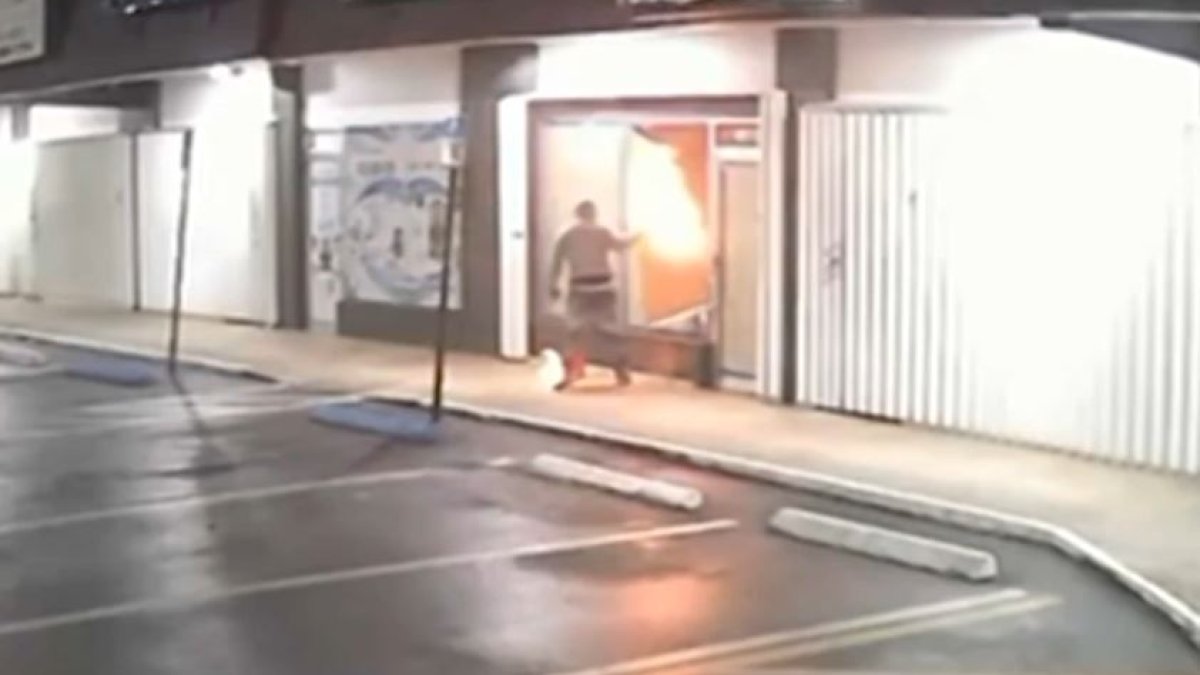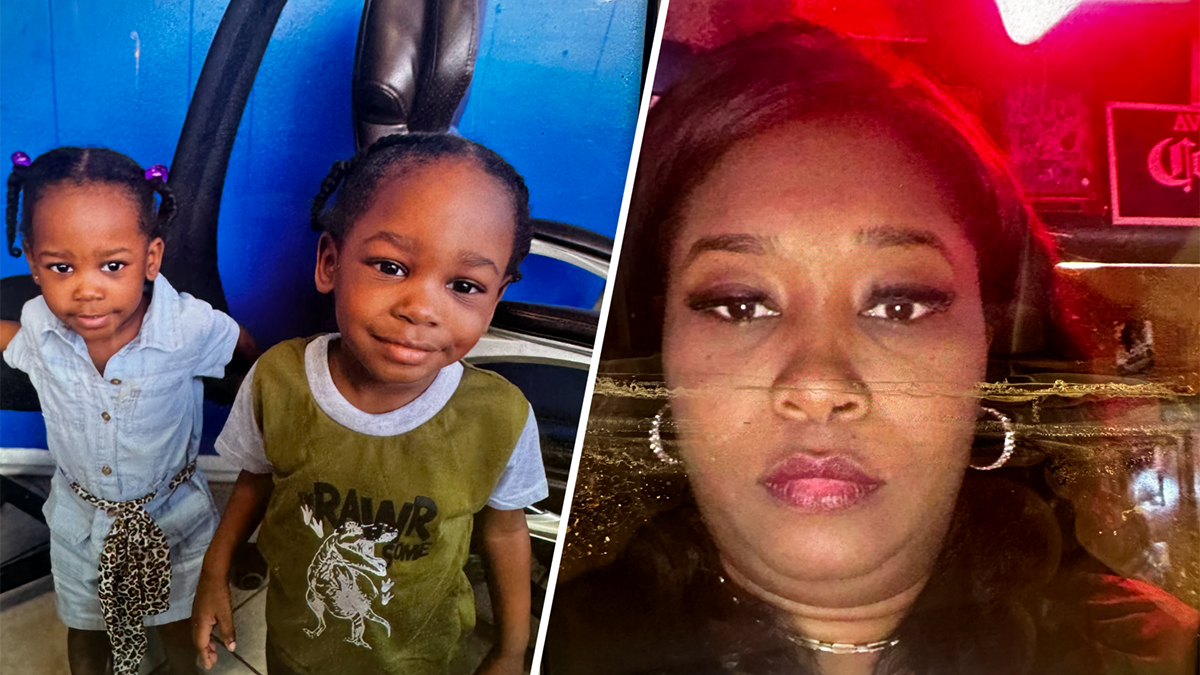Desmond Meade may not seem like a model citizen.
The 43-year-old served three years in prison for possession of cocaine and aggravated battery, lived on the streets and even attempted suicide at one point.
Now, after five years sober, Meade is a prominent homeless advocate in South Florida and a first year law student at Florida International University. But he still can't vote in the Nov. 2 election.
"It just increases my desire to get these laws off the books," Meade said, pointing to his work with the Florida Rights Restoration Coalition, an organization that is working to remove Florida's lifetime voting ban on citizens with past felony convictions.
As an ex-felon, Meade is prohibited from voting in elections, serving on a jury or holding public office. Florida is one of three states with this law in its constitution, which disproportionately affects racial minorities.
Nearly a million former felons in Florida are disenfranchised.
In 2007, the four members of Florida's Executive Clemency Board - Gov. Charlie Crist, Attorney General Bill McCollum, CFO Alex Sink, and Agricultural Commissioner Charles Bronson - changed the rules to make the process of voter restoration easier. For non-violent offenders, it's supposed to be "automatic."
Local
But there's a backlog of 87,000 pending cases and it can take years for approval.
"Its a bureaucratic mess," said Muslima Lewis, senior attorney for the ACLU Florida and Director of Racial Justice and Voting Rights program.
She says Florida needs a process that is paperwork free in order to expedite the process.
A spokesman for Crist said he can not comment on the backlog, but stated the governor has always supported the restoration of civil rights. Lewis says many on the Executive Clemency Board, who ironically are running for higher offices next month, are avoiding addressing the issue during the political season.
Meade applied for restoration four years ago. He's still waiting for a response.
In the meantime, he says he feels like society is telling him, "You'll never be a part of us."



